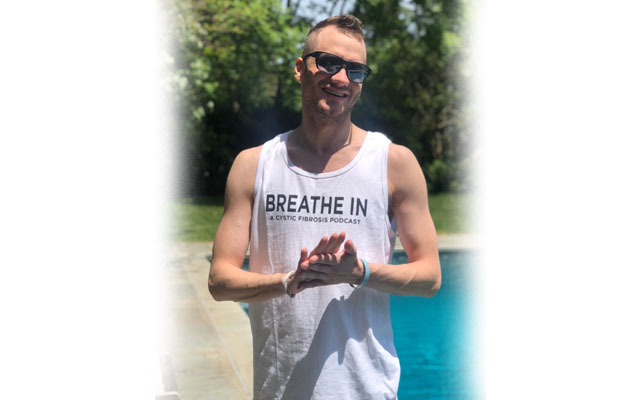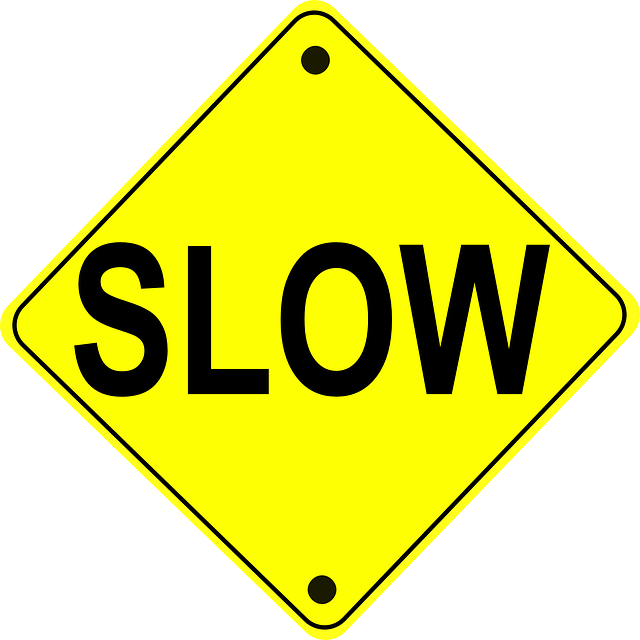As empowered patients, it is our jobs to work with our care teams, not blindly take their word as fact. The very best doctors in CF are the ones who listen to their patients and create plans with them. I learned this lesson the hard way when I was in pediatrics.
My final year as a pediatric patient was marked by a careless mistake from my care team. This issue was severe enough that I packed up my bags and transitioned to adult care almost overnight.
Without getting into too much detail, I was weeks into treatment for a pulmonary exacerbation, and I was not getting better. The mistake, as it turned out, was that the antibiotic dose I was taking was alarming below therapeutic levels, and it had been that way throughout the course of the IV. In fact, the homecare pharmacy caught the mistake when the medication was prescribed and reported it to the clinic. The clinic responded, though, saying that the lower dose was correct. All of this was happening behind closed doors. Simply, my family was never made aware of these conversations.
Finally, I had another clinic visit, and just happened to see one of the other cystic fibrosis doctors on staff that day. He nearly had a heart attack when he read my chart. He could not, for the life of him, figure out why antibiotic dose was so far off. He immediately corrected the issue, and wouldn’t you know it, I got better… but the damage had already been done. As you might imagine, my parents were furious.
Since then I’ve pretty much become skeptical of everything that happens inside the medical world. I’ve turned into a micromanager. I read medical journals, attend conferences, and wrap myself up inside the world of information that’s out there on the Internet.
So, when I hear someone say, “Well my doctor said X is okay,” my head wants to explode.
Here’s a secret for you… the medical profession is NOT what it once was. The days of going to the doctor for a 2 minute consultation and then leaving with a prescription are over. We have the power to take charge of our care. We don’t need to rely on what was once an awkward relationship between patients and care providers.
The schism between care provider and patient is closing. Patients are going to wield more power in the clinic because we all have access to the same literature our care providers use to orchestrate our care.
That doesn’t come without responsibility, though. You need to understand the complexities of your illness beyond anecdotal experience. It’s your duty to understand the science and standard of care in cystic fibrosis. I’m not saying you need to drop everything and get into your nearest graduate level anatomy class. You have to be willing to learn the hard truths about cystic fibrosis so you’re armed with the proper information to make informed choices – which on a basic level could mean learning what therapeutic levels are for various antibiotics. It could also mean learning why your acid reflux makes doing a headstand a direct threat to your respiratory health through aspiration.
You must be able to question your doctor’s recommendations so that you’re comfortable with the direction of your care. Something my family failed to do when my antibiotic dose was screwed up so many years ago.
You must be able to talk to your doctor. You have to fight through the anxiety and stress of a clinic visit to have effective conversations so that you can achieve the best possible health.
You have to be able to sense when something is amiss. You need to recognize when you’re not being treated fairly and when you need a second opinion. The faith and trust that we hold in our care teams is strengthened when we’re able to understand what they’re saying to us, where the plan leads up and how we can make them better.
Care is a two way street and we need to be able to work with providers. There are a hell of a lot fantastic CF doctors out there… the very best are the ones who are you receptive to the information you bring to the clinic.





